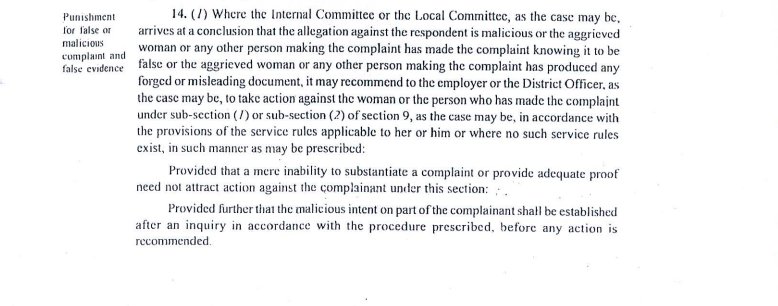Organizations that have successfully escaped taking responsibility for their own history of systemic sexual abuse have typically employed numerous tactics of impression management to control the ways in which people view them.
Here a few ways the system deceives:





